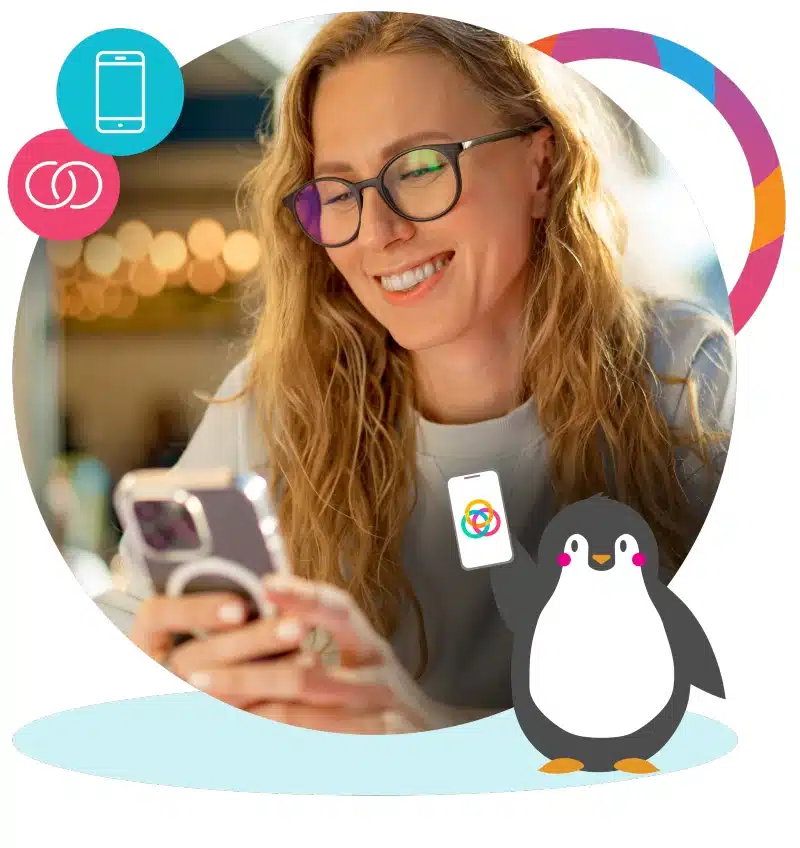Routines in your child care center are a great way to to improve child behavior while fostering learning. Let’s take a look at the importance of daycare routines and at effective routines that will positively impact child behavior!
Why Routines Matter
Research shows that routines support healthy social emotional development in early childhood, according to Zero to Thrive, a multi-disciplinary center housed within the Department of Psychiatry at Michigan Medicine.
Children feel more secure and confident when they know what to expect. A consistent routine helps them understand the flow of their day, reducing anxiety and behavioral issues.
Structured routines teach children to anticipate what comes next, fostering independence and self-regulation skills.
And consistent routines minimize the likelihood of behavioral problems by providing a stable environment where expectations are clear.

6 Key Elements of an Effective Daycare Routine
To create an effective daycare routine that improves behavior, consider incorporating the following elements:
1. Structured Activities and Free Play
Balancing structured activities with free play is essential. Structured activities, such as circle time, arts and crafts, and educational games, provide opportunities for learning and skill development.
Free play allows children to explore, socialize and use their creativity. By alternating between these types of activities, children remain engaged and less likely to exhibit disruptive behaviors.
2. Consistent Meal and Snack Times

Regular meal and snack times are vital for maintaining energy levels and preventing irritability. Ensure that these times are consistent each day and provide nutritious options that support overall health and well-being.
3. Rest and Nap Periods
Adequate rest is crucial for young children. Incorporate scheduled nap or quiet time into the daily routine.
Not getting their naps can cause big problems for young children including attention issues, emotional disruption, academic difficulties, mental health problems and weight gain, according to an article in Harvard Medicine.
4. Clear Transitions
Transitions can be challenging for young children, leading to resistance and behavioral outbursts. Use visual and verbal cues to signal transitions between activities.
For example, a song or a specific phrase can indicate that it’s time to switch from playtime to clean-up. Consistent cues help children prepare for the next activity, making transitions smoother!
5. Positive Reinforcement
Incorporate positive reinforcement techniques to encourage good behavior. Praise and rewards for following the routine and displaying positive behavior can motivate children to continue making good choices. Simple rewards such as stickers or extra playtime can be effective.
6. Personalized Attention
While routines are essential, it’s equally important to recognize that each child is unique. Pay attention to individual needs and preferences. Some children may require additional support during certain activities or transitions. Providing personalized attention ensures that all children feel valued and understood.

3 Ways to Implement and Maintain Routines
1. Communicate with Families
Collaboration with families is key to maintaining consistency between daycare and home. Regularly communicate with parents about the daily routine and any changes. Encourage them to follow similar routines at home to reinforce positive behavior.
2. Be Flexible
While consistency is important, flexibility is also necessary. Be prepared to adapt the routine based on the needs and interests of the children. Unexpected events or changes in the group dynamic may require adjustments to the schedule.
3. Review and Reflect
Regularly review the effectiveness of the routine. Gather feedback from staff, parents and the children themselves. Reflect on what is working well and identify areas for improvement. Continuous evaluation ensures that the routine remains relevant and effective.
How a Child Care App Can Help!

To learn more about routines, check out our blog on establishing routines in your child care center’s infant rooms!
The Procare child care mobile app also gives you the ability to:
- Get information quickly via an app
- Take the hassle out of check-in/out
- Have a direct mass communication channel
- Keep families engaged
- Go digital
- Empower your staff
- Collect tuition and payments effortlessly
It saves child care programs time and money by streamlining core administrative functions while raising the bar for the parent experience with professional communications, easy-to-access portals and the ability for real-time updates from the classroom.
Learn more about what the app can do to help you with infant routines and more by visiting our website that details its capabilities!



